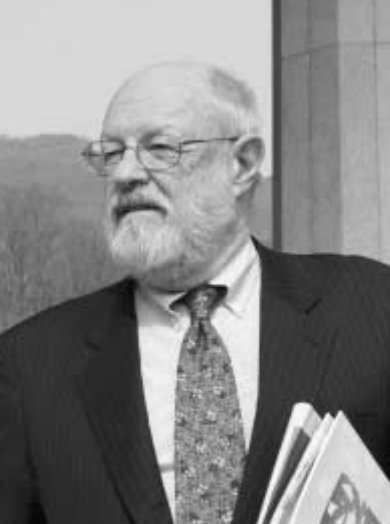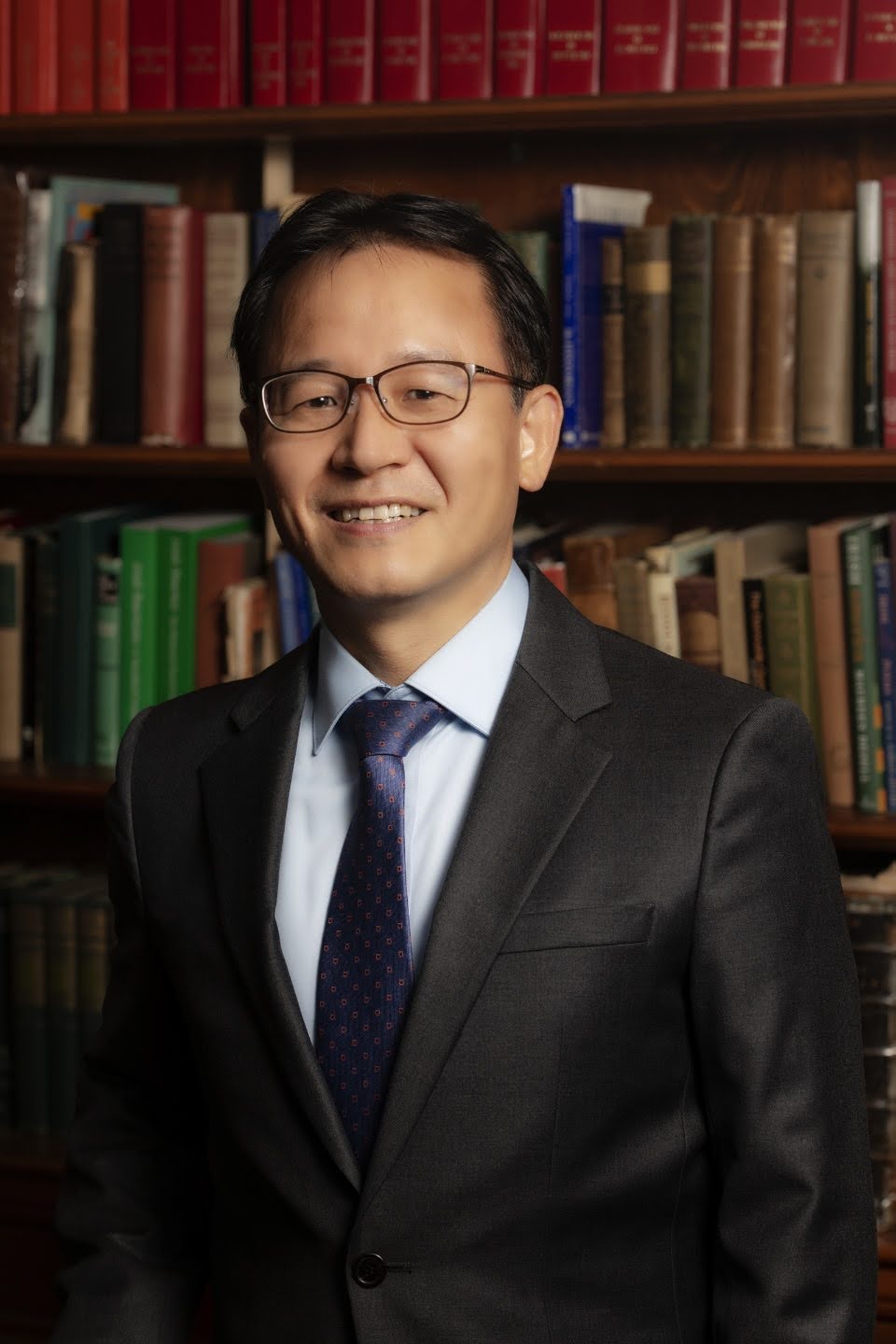![]()
Join us for a discussion about the legacy, implications, and a modern application of the theories from Gregory Henderson’s 1968 seminal text Korea: The Politics of the Vortex, with Edward J. Baker, advisor to the Harvard University Korea Institute, and Dr. Ingu Hwang, Associate Professor of the Practice at Boston College. The discussion will also address Hwang’s 2022 book, Human Rights and Transnational Democracy in South Korea, which examines the role of South Korean pro-democracy actors in (re)shaping the global history of human rights activism and politics in the 1970s. The moderator for this program is Korea Society president and CEO Tom Byrne.
Korea’s Politics of the Vortex: 2025
Tuesday, April 8, 2025 | 4 PM (EDT)
The Korea Society
350 Madison Avenue, 24th Floor
New York, NY 10017
About the Speakers:
 |
|
Edward J. Baker’s interest in Korea began with Peace Corps service, with his wife Diane, there in 1966-68. He has lived in Korea all together for about 10 years and has traveled widely in Asia. He has a BA from Colby College, a JD from Yale Law School and an MA in Regional Studies-East Asia from Harvard. He was a staff member of the Subcommittee on International Organizations (chair Donald M. Fraser, D MN) of the U.S. House of Representatives during its Investigation of Korean-American Relations in 1977-78 and one of the authors of its final report. He was the associate director of the Harvard-Yenching Institute for 25 years and taught East Asian and Korean history at Hanyang University and Seoul National University from 2007 through 2010. Until the thorough democratization of the Republic of Korea marked by the December,1997 election of President Kim Dae Jung, he frequently wrote and spoke on South Korean political affairs. He was a founding member of the board of Asia Watch in 1985 (now Human Rights Watch—Asia) and was Amnesty International’s US South Korea coordinator from 1979-91. In recent years he has taken a strong interest in attempting to promote a peaceful solution to the confrontation between North Korea and the US/South Korea and the reunification of Korea. |
 |
|
Ingu Hwang received his Ph.D. from the Department of History at the University of Chicago in 2015. Currently, he is an associate professor of the Practice in the International Studies Program, an affiliated professor in the History Department and the Asian Studies Program. Prof. Hwang is also the Leader of the Global Korea Project at Boston College. He offers interdisciplinary courses on modern and contemporary Korea and East Asia that explore colonial/post-colonial experiences, division and geo-politics, the Korean War, development and social justice, human rights history in global contexts. His research centers on contemporary transnational and global Korean history with a focus on the topics of democracy, peace, security, and human rights. His first book, Human Rights and Transnational Democracy in South Korea, published by the University of Pennsylvania Press Human Rights Series in 2022, offers the first account of the historical intersection between South Korea's democratic transition and the global human rights boom in the 1970s and 1980s. Other publications include contributions to the Korea Democracy Foundation’s book, 1970s Korean Democratization and Protestants (Korean), published in 2024 and to the Kim Dae-jung Peace Foundation’s Kim Dae-Jung’s Thoughts and Politics: Peace, Democracy, Reconciliation, and Cooperation (Korean), published in 2023. Currently, he is working on his second monograph, the first scholarly biography of Nobel Prize recipient Kim Dae-jung. The monograph utilizes a global political and cultural lens to analyze Kim’s engagements with Korean, regional, and international political discourses and policies from the 1950s to the 1980s. |






